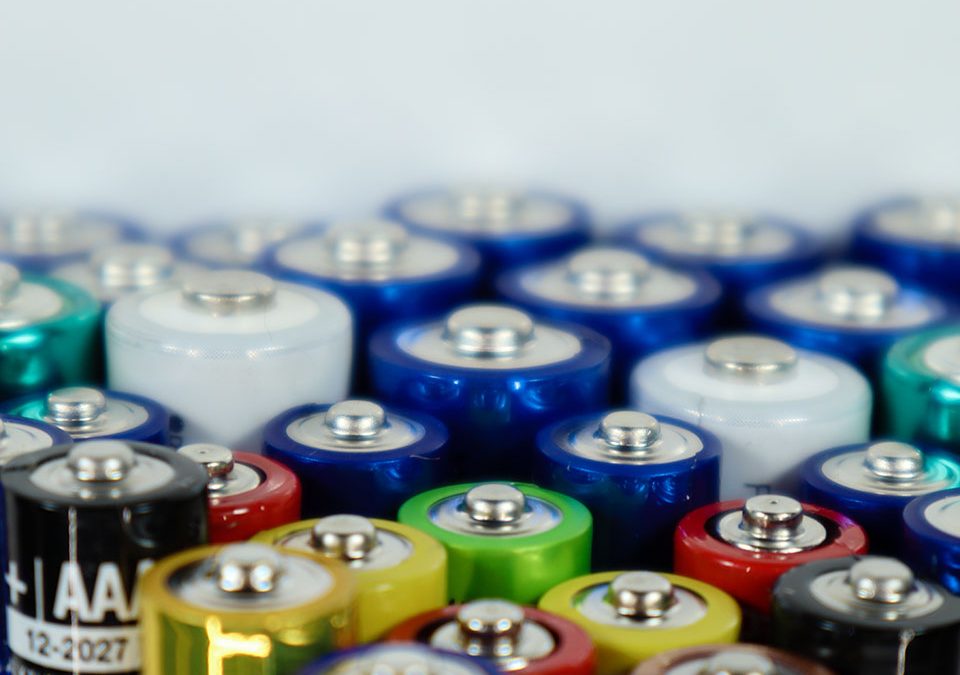In a groundbreaking development, Korean scientists have unveiled a safer and more cost-effective alternative to lithium-ion batteries (LIBs) that could revolutionize the energy storage industry. The innovative technology, developed by a research team led by Dr. Oh, Si Hyoung of the Korea Institute of Science and Technology (KIST), enables the safe transformation of hydrogen gas into water, addressing critical safety concerns associated with battery technology. The urgent need for sustainable energy solutions has been underscored by extreme weather patterns and the increasing unpredictability of electricity generation from renewable sources. As the demand for energy storage systems (ESS) continues to rise, the limitations of lithium-ion batteries, including high cost and safety risks, have prompted the search for more viable alternatives. The newly developed aqueous rechargeable battery offers a promising solution. Despite having a lower energy density compared to LIBs, it presents a significant economic advantage due to lower raw material costs. The research team’s breakthrough lies in the development of a composite catalyst consisting of manganese dioxide and palladium, which enables the automatic conversion of hydrogen gas generated inside the cell into water, ensuring both performance and safety. Dr. Oh, Si Hyoung highlighted the broader implications of this technology, stating, “This technology pertains to a customized safety strategy for aqueous rechargeable batteries, based on the built-in active safety mechanism, through which risk factors are automatically controlled.” The potential applications extend beyond energy storage, offering solutions for industries where hydrogen gas leakage poses a safety concern, such as hydrogen gas stations and nuclear power plants. The successful development of this safer and more affordable alternative to lithium-ion batteries represents a significant step forward in the quest for sustainable energy solutions and has the potential to reshape the global market for energy storage systems. The research paper titled “Highly safe aqueous rechargeable batteries via electrolyte regeneration using Pd–MnO2 catalytic cycle” authored by the research team has been published, outlining the details of this groundbreaking advancement. This breakthrough not only promises to transform the energy storage landscape but also underscores the critical role of innovative research in addressing the challenges of a rapidly changing world.
Date: 28 Dec, 2023

